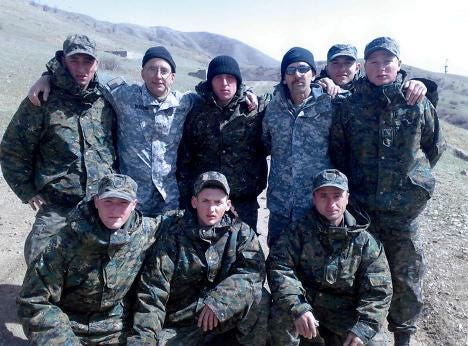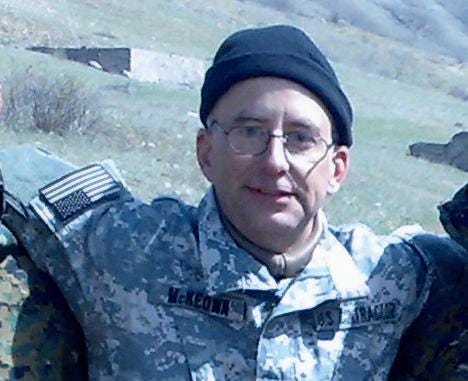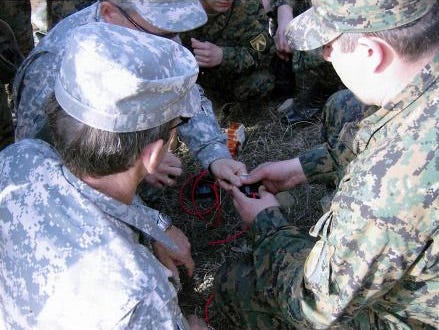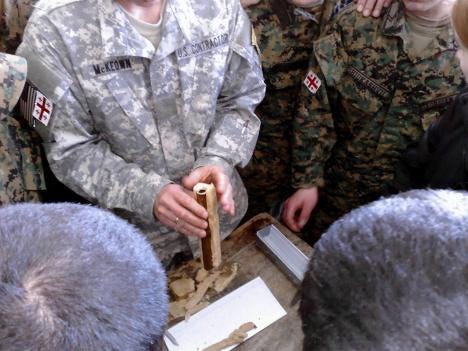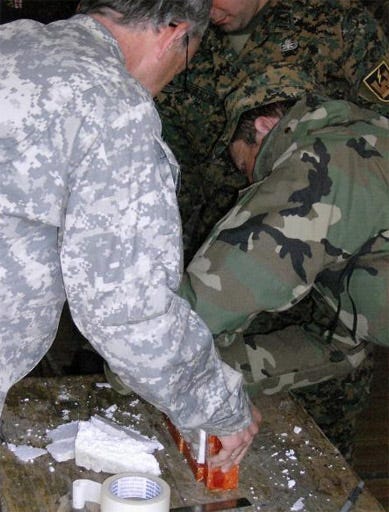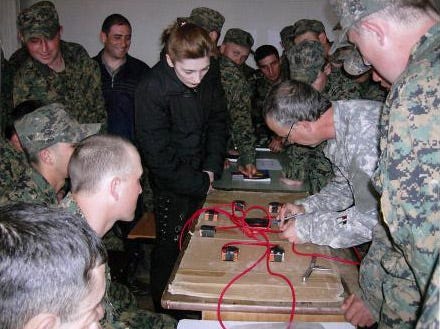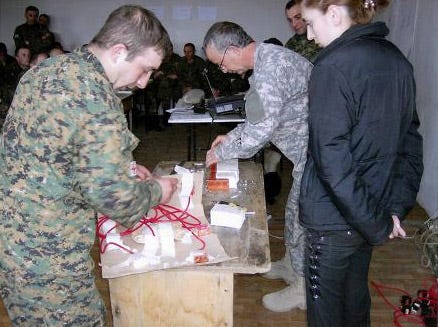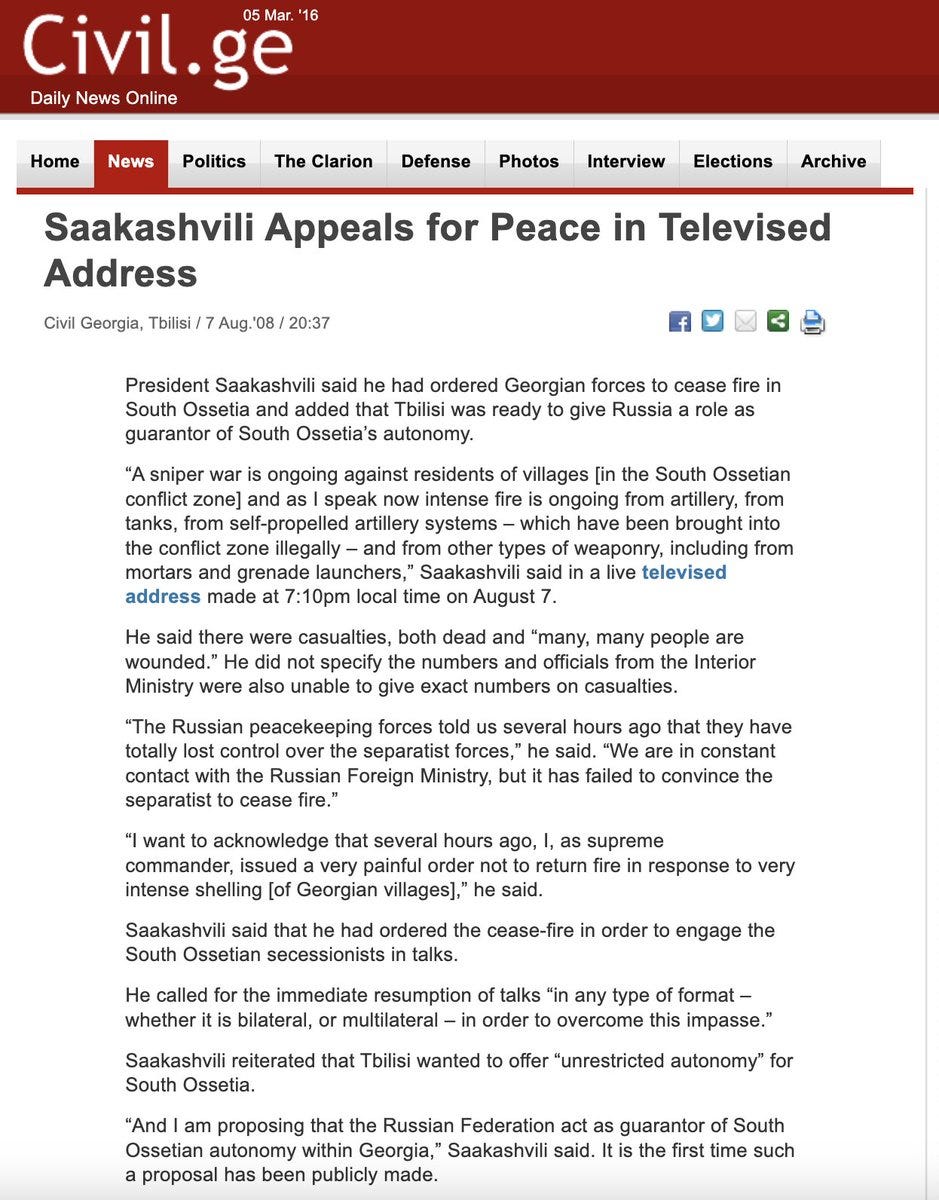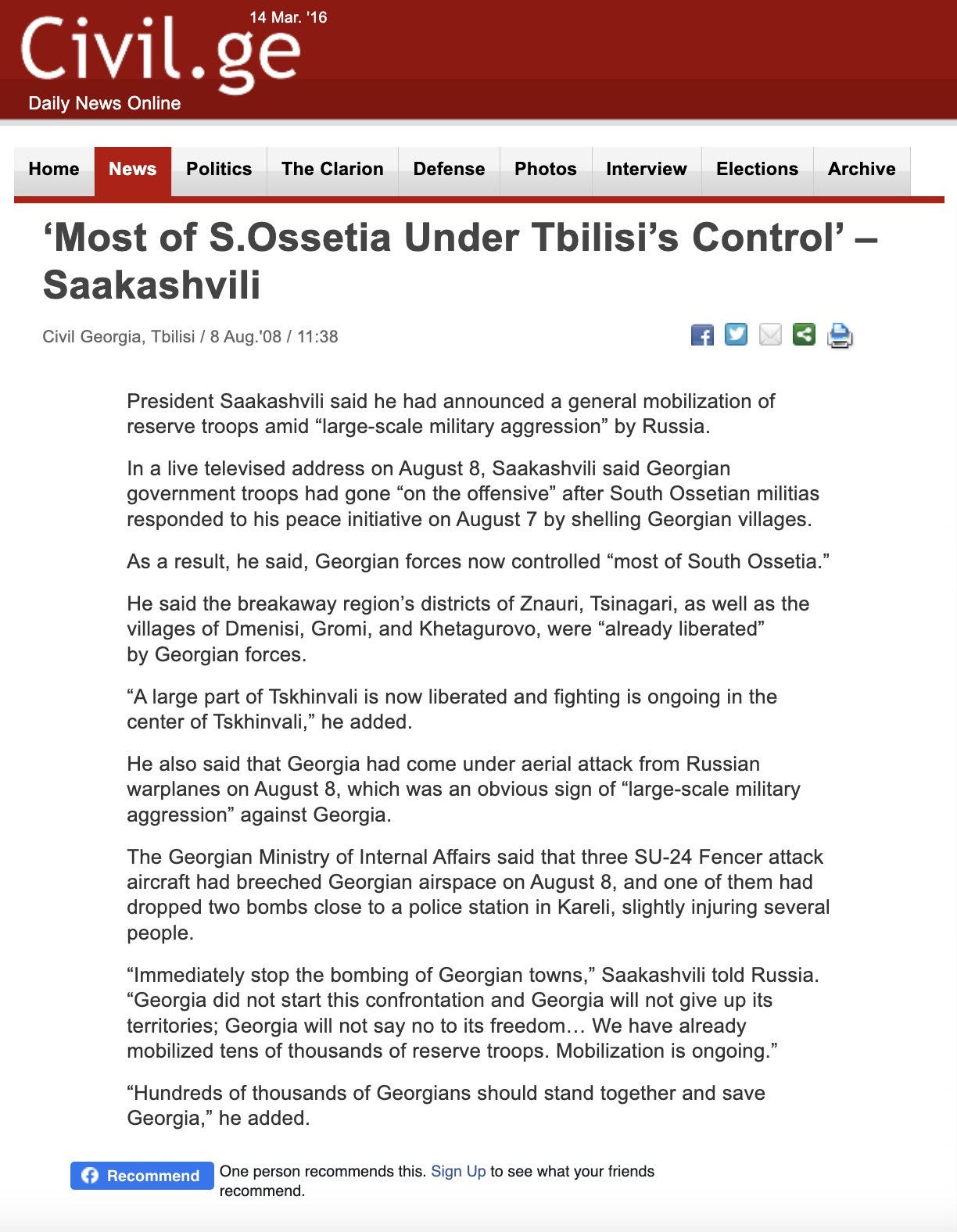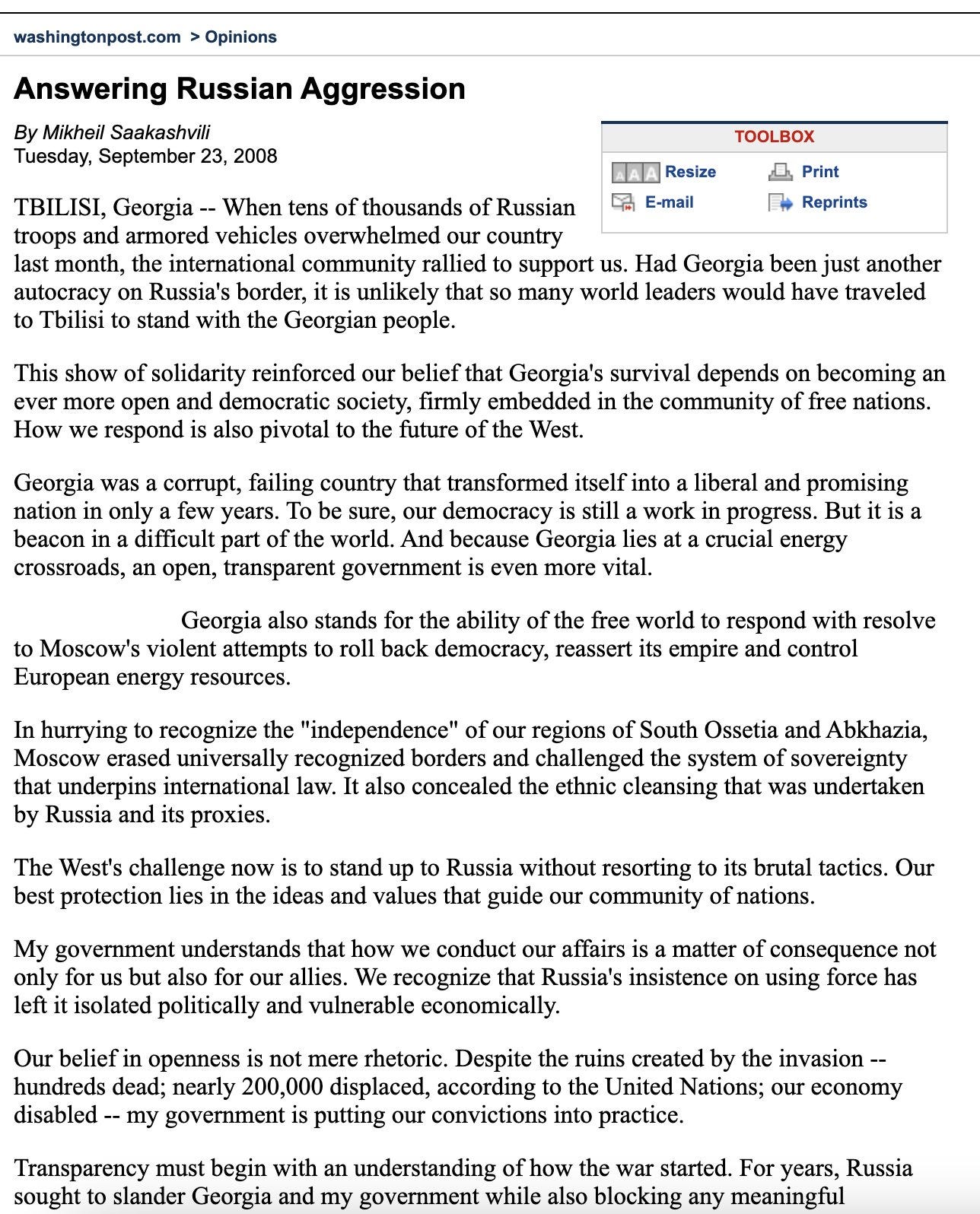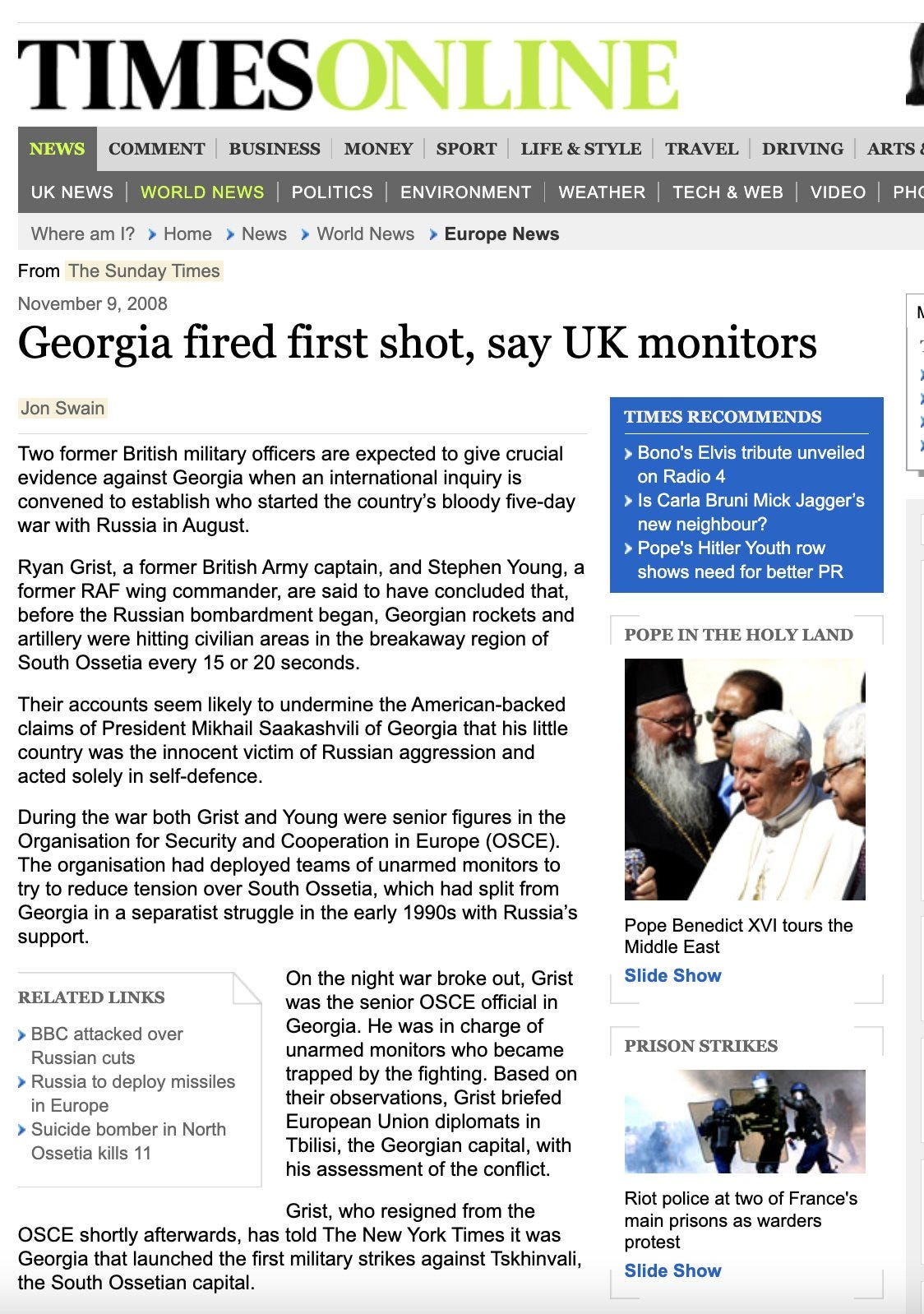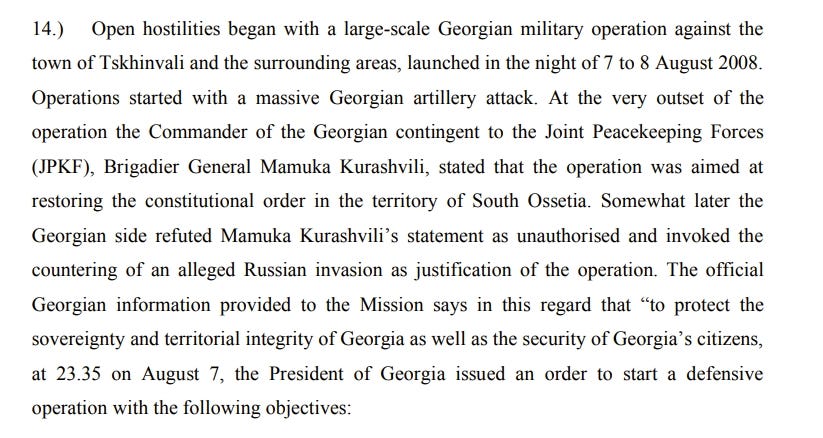As it did this year, on the anniversary of the August 2008 war, Georgia once again presented itself as the victim, ignoring its own mistakes and responsibilities. And of course, the EU and the US, in line with their own interests, once again displayed their usual lies and hypocrisies.
Let us use sources to demonstrate that the history and events of the August 2008 war are not simply black and white.
6 August 2008: The first report from Tbilisi on 6 August details Georgian reports of fighting in South Ossetia. While sporadic outbursts have been common on the border since the 1992 war, generally in response to the other side’s activities. This incident is significant because it formed the basis of Saakashvili’s initial justification for his attack. Initially, he told the Georgian people that their troops had gone "on the offensive" after South Ossetian militias responded to his peace initiative on 7 August by shelling Georgian villages." His justification evolved as the situation grew more catastrophic.
“Georgia is a natural ally for Russia… We need a real mediator.”
— Mikheil Saakashvili
7 August 2008: A few hours before his forces opened fire, Mikheil Saakashvili made a speech on TV: “I offer a very important role to Russia in resolving this conflict” he added. “Georgia is a natural ally for Russia… We need a real mediator.”
8 August 2008: Before changing his story, Saakashvili gave a victory speech on television on the first day of the war. When Saakashvili realised his war was not going as planned, he changed his narrative.
Civil.ge, the Georgian source reported him saying that “Georgian forces now controlled most of South Ossetia” and that “A large part of Tskhinvali is now liberated and fighting is ongoing in the center of Tskhinvali.” In this speech, he justified the attack by claiming that “South Ossetian militias responded to his peace initiative on August 7 by shelling Georgian villages” and that “Georgia had come under aerial attack from Russian warplanes.” There was no mention of Russian troops entering South Ossetia at that time. Of course, his victory announcement was premature, and a few days later, he needed a more substantial justification for the catastrophe.
It was then that Saakashvili began to claim that the Russians had acted first. See: The Financial Times
Then the story changed again in a piece he wrote for the Washington Post on September 23.
As Saakashvili’s narratives fall apart one by one, his initial claim of responding to heavy Ossetian shelling is directly contradicted by two former British officers from the OSCE team in the area. They reported that "Georgian rockets and artillery were hitting civilian areas in the breakaway region of South Ossetia every 15 or 20 seconds" and denied any shelling of Georgian villages as Saakashvili had claimed on the 8th.
Additionally, we must not forget the words of Christopher Langton (Deputy Commander of the UN Observer Mission in Georgia (UNOMIG)): "I remain convinced that the Georgians attacked Tskhinvali before Russian units moved from N. Ossetia into S. Ossetia."
Christopher Langton: "...only if you're pointing your finger at the West, and its assistance to Georgia and the fact that Georgia abused that friendship by using weapons and equipment given to them for illegal purposes."
Watch the full documentary film on YouTube
from the Independent International Fact-Finding Mission on the Conflict in Georgia
[Irakly] Okruashvili [The former defence minister of Georgia'], a close Saakashvili ally who served as defence minister from 2004 to 2006, said he and the president worked together on military plans to invade South Ossetia and a second breakaway region on the Black Sea coast, Abkhazia." Reuters.
US Contractors Training Georgian Military in Acts of Sabotage
American military personnel and/or contractors instructing Georgian military personnel on acts of sabotage.
